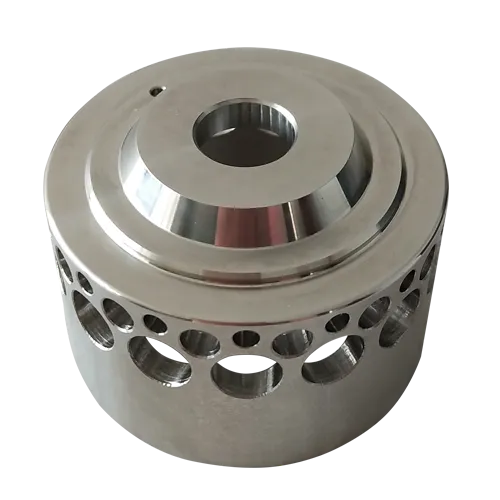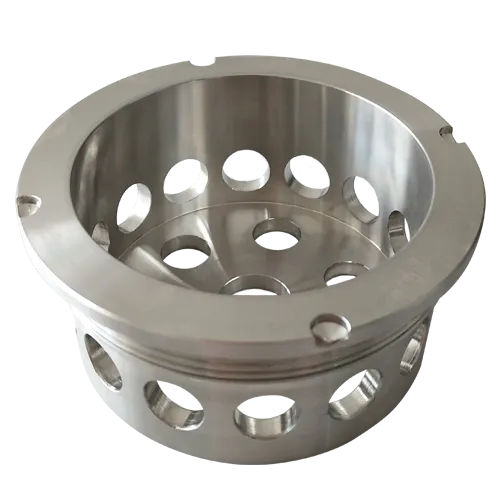Mobile:+86-311-808-126-83
Email:info@ydcastings.com
Jan . 09, 2025 11:41
Back to list
pumpe impeller
Pumpe impeller plays a crucial role in various industries, ensuring efficiency and reliability in fluid transport systems. This component, perhaps understated, is fundamental to the operation and performance of a plethora of pump systems. Understanding the nuances of pumpe impeller design and functionality is essential for anyone involved in fluid mechanics or pump manufacturing.
Trustworthiness in pumpe impeller design stems from adhering to recognized industry standards and employing rigorous testing protocols. Certification by global standards organizations ensures that impellers can withstand operational demands and meet safety requirements. When selecting an impeller, verifying compliance with standards such as ISO 5199 or API 610 can provide assurance in their reliability and durability. The market for pumpe impellers continues to be driven by these requirements for excellence in performance and innovation. Manufacturers offer a range of materials, including stainless steel and composite alloys, each suited to different operational conditions. Acquiring impellers from companies with a proven track record of delivering high-quality components builds trust with clients who rely on these products for critical applications, from agriculture to aerospace. In conclusion, pumpe impellers are more than mere components; they are central to the functionality of pump systems across industries. With decades of development and application-specific refinements, they embody the synthesis of experience, professional expertise, authoritative knowledge, and trustworthiness. As the world advances, so too will the design and application of pumpe impellers, meeting the growing demands for efficiency and sustainability in fluid transport solutions.


Trustworthiness in pumpe impeller design stems from adhering to recognized industry standards and employing rigorous testing protocols. Certification by global standards organizations ensures that impellers can withstand operational demands and meet safety requirements. When selecting an impeller, verifying compliance with standards such as ISO 5199 or API 610 can provide assurance in their reliability and durability. The market for pumpe impellers continues to be driven by these requirements for excellence in performance and innovation. Manufacturers offer a range of materials, including stainless steel and composite alloys, each suited to different operational conditions. Acquiring impellers from companies with a proven track record of delivering high-quality components builds trust with clients who rely on these products for critical applications, from agriculture to aerospace. In conclusion, pumpe impellers are more than mere components; they are central to the functionality of pump systems across industries. With decades of development and application-specific refinements, they embody the synthesis of experience, professional expertise, authoritative knowledge, and trustworthiness. As the world advances, so too will the design and application of pumpe impellers, meeting the growing demands for efficiency and sustainability in fluid transport solutions.
Next:
Latest news
-
Why Should You Invest in Superior Pump Castings for Your Equipment?NewsJun.09,2025
-
Unlock Performance Potential with Stainless Impellers and Aluminum End CapsNewsJun.09,2025
-
Revolutionize Your Machinery with Superior Cast Iron and Aluminum ComponentsNewsJun.09,2025
-
Revolutionize Fluid Dynamics with Premium Pump ComponentsNewsJun.09,2025
-
Optimizing Industrial Systems with Essential Valve ComponentsNewsJun.09,2025
-
Elevate Grid Efficiency with High-Precision Power CastingsNewsJun.09,2025
Related PRODUCTS











